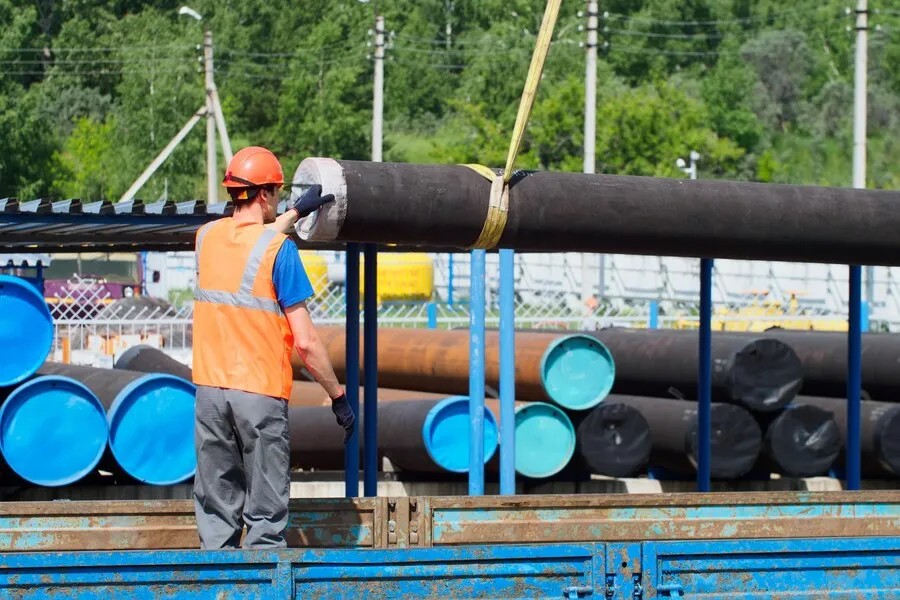Table of Contents
Key Takeaways
- Background checks are crucial to the hiring process, providing a safer and more reliable workplace.
- The scope of background checks can encompass criminal records, employment history, and educational verifications.
- Effective implementation of background screenings can reduce employee turnover and boost workplace morale.
- Challenges in background checks include legal regulations and the potential for privacy concerns.
Introduction to Background Checks
These checks provide a comprehensive view of potential employees, allowing businesses to verify the accuracy of the information presented by candidates. Essentially, they serve as a protective layer for companies, ensuring that prospective employees’ credentials and histories align with their job applications. By employing these checks, businesses safeguard themselves from the risks of hiring individuals who may not be suitable for the positions they seek to fill. Moreover, background checks contribute to building a culture of trust and accountability within the workplace, where only those who meet the qualifications and hold transparent records are chosen.
Importance of Background Checks in Hiring
The necessity of background checks in the hiring process cannot be overstated. They are pivotal in crafting a reliable and secure workforce, a critical factor for success. These checks are not merely about validating a candidate’s past but about securing the company’s future by reinforcing its values and standards. The assurance provided by a thorough background check can extend beyond the individual hire, impacting the entire company culture. This is particularly pertinent in environments where trust and teamwork are essential. By implementing such measures, companies are committed to reducing the potential risks associated with hiring, as background checks have become necessary to mitigate issues such as workplace fraud, violence, or theft. In today’s competitive job market, background checks have become an indispensable tool for employers.
Types of Background Checks
Background checks come in various types, each serving distinct purposes. These typically include criminal record checks, employment history verifications, education verifications, and financial background screenings. Criminal history checks are crucial for identifying past legal issues that threaten workplace safety and integrity. Employment and education verifications ensure that the credentials listed in resumes are accurate reflections of a candidate’s abilities and experiences. Credit checks, while not always necessary, can offer insights into an applicant’s financial responsibility, which might be relevant, especially in economic sectors. Understanding the scope and nature of each type allows employers to customize their screening processes based on the demands of the position in question, ensuring that all potential risks are appropriately addressed.
Benefits for Employers and Employees
A solid background screening process offers multifaceted benefits. For employers, it reduces the risk of negligent hiring, which can carry significant financial and reputational damage. Should a mismatch occur without prior screening, the cost of turnover can be high in terms of resources and morale. Comprehensive background checks can save companies from these pitfalls, ensuring that new hires are competent and aligned with the company’s ethical standards. From an employee perspective, background checks promote fairness and transparency in hiring. They reassure workers that they are joining a company dedicated to maintaining a professional, trustworthy environment. The peace of mind that comes from knowing all colleagues have undergone the same stringent checks can enhance morale and foster a sense of unity, as noted in studies about the benefits of conducting thorough checks.
Also Read: Why Couples Therapy Isn’t Just for When Things Go Wrong
Addressing Legal and Privacy Concerns
While background checks are beneficial, they must be handled with strict adherence to legal standards. Employers must comply with a labyrinth of regulations that govern how checks are administered. This is vital to protect individuals’ privacy rights and avoid legal consequences that can arise from the misuse of personal information. Obtaining informed consent from candidates before conducting a check is not just a best practice but a legal requirement. Companies should be transparent about what information will be accessed and how it will be used. Maintaining strict data privacy safeguards and adherence to applicable laws will protect the company and candidates from potential breaches of trust or privacy.
Best Practices in Conducting Background Checks
Conducting background checks effectively involves running a report. Best practices suggest that companies maintain a clear and comprehensive policy outlining these checks’ scope. Obtaining explicit written consent from candidates sets the stage for a transparent exchange. The processes employed must be job-relevant and non-discriminatory. Using reputable and certified screening agencies that align with industry standards will enhance the quality of the checks. Furthermore, it’s beneficial to regularly review and update internal screening policies to adapt to evolving legal landscapes and technological advancements. This approach not only minimizes potential risks but also bolsters the credibility of the hiring process.
Trends in Background Screening
The landscape of background screening is swiftly evolving, with current trends focusing on technological integration and efficiency. Companies are increasingly leveraging advanced technologies like artificial intelligence and predictive analytics to enhance the accuracy and speed of background checks. These technologies transform how data is collected, processed, and analyzed, reducing the time to complete checks without compromising thoroughness. The demand for non-invasive and privacy-compliant screening methods is also rising, reflecting broader societal concerns about digital privacy. As these trends continue to develop, they are poised to revolutionize the field, offering more efficient and user-friendly solutions to employers and candidates.
Final Thoughts
Background checks are critical to the modern hiring process, offering many benefits beyond primary verification. They ensure that the workforce is trustworthy and qualified, safeguarding organizational assets and culture. While they come with challenges involving legal and privacy considerations, adherence to best practices ensures that these checks serve their intended purpose without overstepping boundaries. As the industry evolves with new trends, companies that embrace innovative solutions and maintain stringent ethical standards will be best positioned to thrive. This adaptation not only serves the immediate needs of the business but also builds a foundation of trust, integrity, and success for the future.






